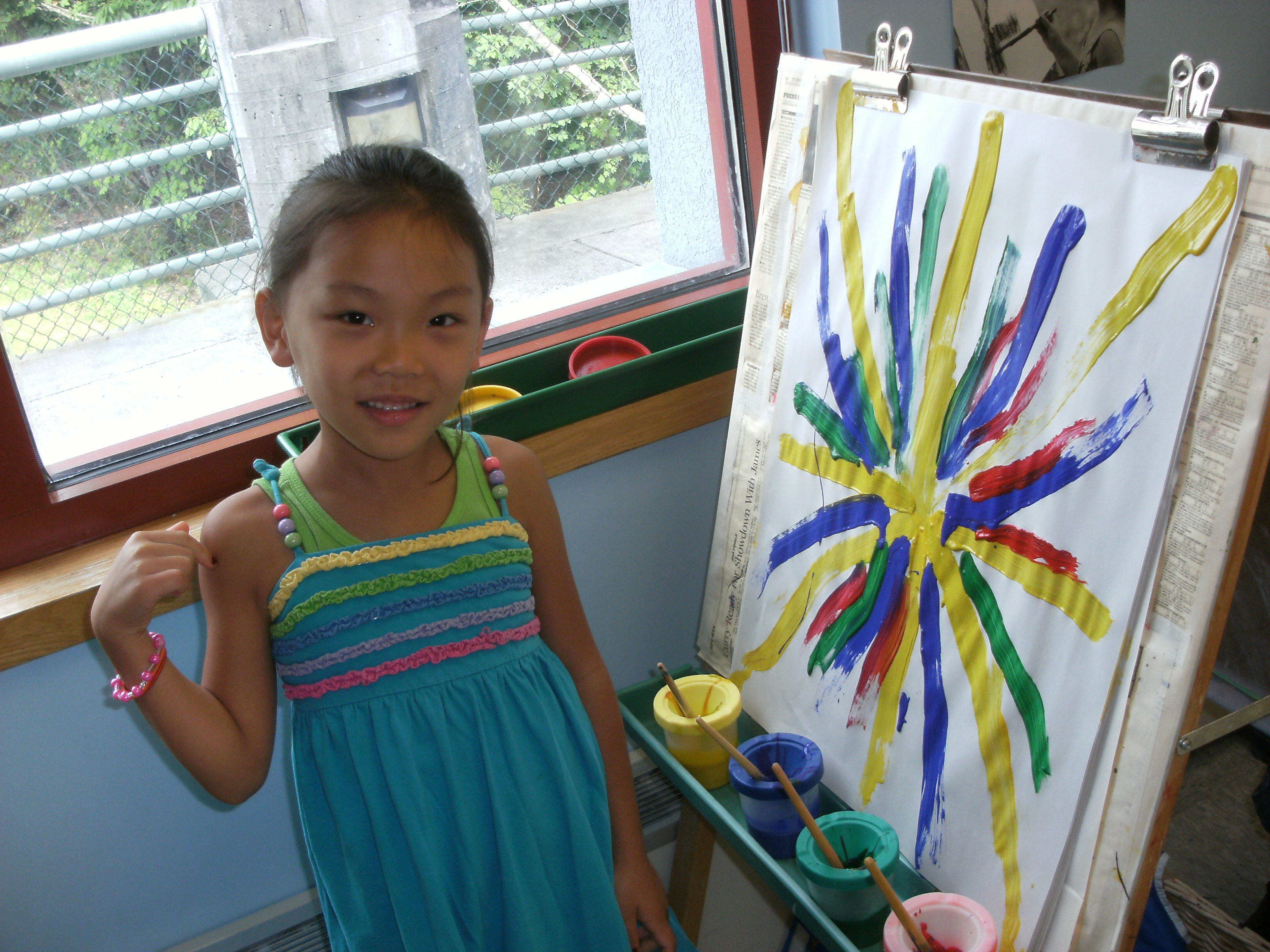
Laura Riccio-Prestash
Head/Mentor Teacher, Yeladim Early Learning Center at the JCC
It seems hard to imagine planning for a new school year when winter has only just begun, but it is at this very time that kindergarten registration begins in many of our communities. For parents of children potentially entering kindergarten, the anticipation of a new school year may bring new questions about their child’s readiness for the increasing demands and expectations of kindergarten.

“Readiness” as it relates to kindergarten entry can have a variety of implications depending on perspective. Recently, many schools in both the public and private sectors have adopted a curriculum based on a set of “standards” for learning. While there is value in approaching our planning as educators with intention, it is also generally recognized that many of these skill-based standards are not necessarily developmentally appropriate for children of kindergarten age. This can place an enormous burden of stress upon children who find that school is often no longer a place for play, creativity, exploration and socialization. In these instances, children of differing developmental levels may have very different school experiences. Readiness for this type of programming can be defined by a list of skills or knowledge mastered prior to the start of school.
From our philosophical standpoint at Yeladim Early Learning Center, kindergartens need to be ready for children rather than children needing to be ready for kindergarten. Our developmentally-based philosophy prepares us for children of varying developmental levels entering our program. Individualizing instruction means that the unique needs of each child can be met while supporting their growth in all domains. A balance of child-initiated and adult-guided experiences minimizes stress and maximizes children’s learning.
Parents may wonder what can be done to support their child’s readiness for kindergarten. This does not need to be done in a structured way. Natural opportunities for learning and supporting readiness can easily be made a part of your daily routine.
Children entering kindergarten should have a growing facility with language. You can support this by providing many opportunities for speaking and listening during your time together. Encourage your child to talk about his or her day. Ask questions to help them elaborate and use descriptive language. Talk about your own day when appropriate or share experiences from your childhood that are relatable to your child’s experience.
Use new vocabulary when speaking with your children, explaining meanings as needed. Sing songs together and share poetry. Rhyming is an important part of supporting auditory discrimination, and also sets the stage for the introduction of “word families” later on.
Children should be familiar with their names. Give them many opportunities for seeing their name in print and encourage them to print their own names. This is easily done by printing names on their pictures or allowing them to sign their own names on greeting cards or letters to family members. Remember that children’s art is their first means of communication. Give them lots of opportunities to use crayons, pencils, markers, and scissors to express their creativity and build fine motor skills!
Help children to focus on printed language in their environment. Traffic signs, food labels in grocery stores and menus all provide opportunities for parents to point out letters for children to become familiar with.
Of course one of the most important things any parent can do to support their child’s literacy development is to read, read, read! Read to your child often. Allow your child to select favorite stories for their own collection, and visit the local public library to augment their exposure to quality children’s literature.
Supporting mathematics development can be as simple as sorting laundry! Have your child assist in sorting laundry based on clothing item (socks, pants, etc), size, or color as a concrete experience with classification!
Have your child assist in setting the table for dinner. “Grandma and Grandpa are coming to visit. Can you count out enough plates for our family’s dinner?” One to one correspondence can be demonstrated by having your child match one napkin for each plate…The possibilities are endless!
Encourage your child’s curiosity about their world. Most children have a natural curiosity about the outdoors. It is important, not only to encourage questioning, but also to encourage children to hypothesize about their observations, make comparisons, seek answers and pursue deeper understandings.
Provide your child with multiple real life experiences and limit screen time as well as time using technology for entertainment. Active engagement in the real world is the best preparation for kindergarten and for life!


0Comments
Add CommentPlease login to leave a comment